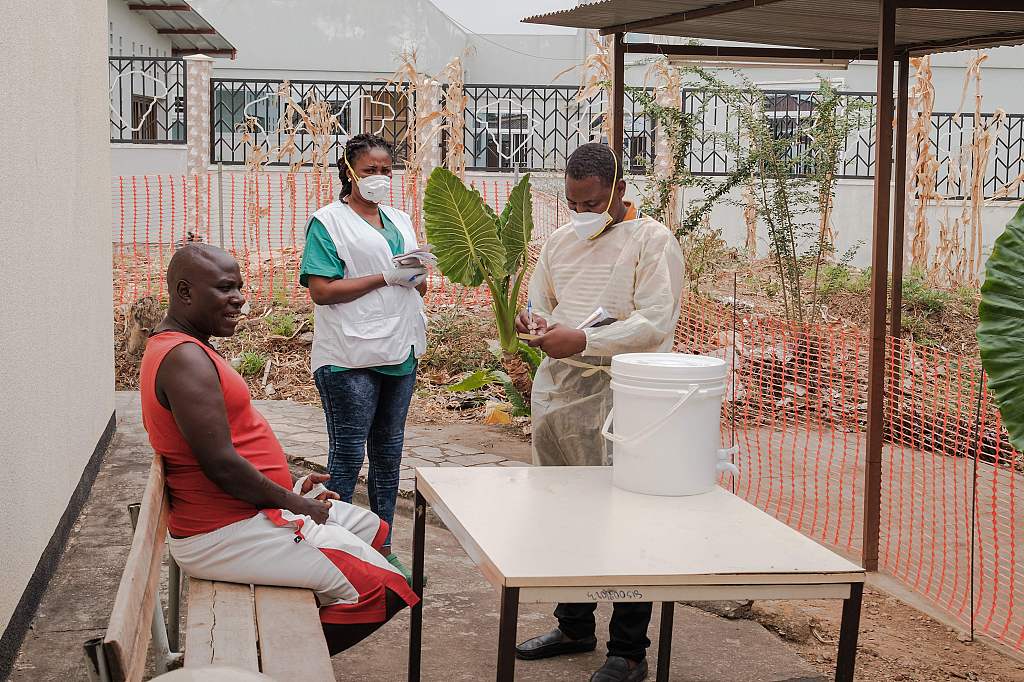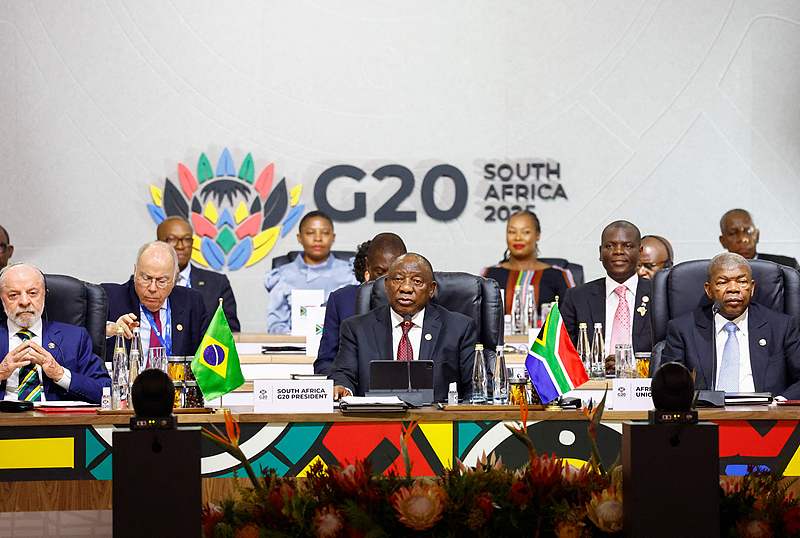
UNICEF warns of increased risk to children in Burundi amid mpox outbreak
The United Nations Children’s Fund (UNICEF) warned that an ongoing measles outbreak in Burundi has heightened risks to children in a country also dealing with the current mpox outbreak.
Burundi reported 170 confirmed mpox cases across 26 of its 49 districts. Of these cases, children and adolescents below 20 years of age constitute nearly 60 percent of cases, and children under 5 comprise 21 percent of cases. Meanwhile, the measles outbreak continues to spread due to low routine childhood immunization and high malnutrition rates.
UNICEF also cautioned that the secondary impacts of the mpox outbreak could affect children and adolescents, including stigma, discrimination, and disruptions to learning.
It added that women and girls will be disproportionately affected due to their burden of care, which includes caring for sick family members and supporting the basic needs for their families’ survival, as witnessed during previous public health emergencies.
UNICEF Regional Director for Eastern and Southern Africa, Etleva Kadilli said the continuity of essential services and targeted focus on programmes that support overall child wellbeing must be prioritized to avert a crisis.
“In the fight against the mpox outbreak, prioritizing the needs of children is not just necessary, it’s urgent. Their heightened vulnerability requires that we dedicate our full attention and resources to ensure their protection and well-being in this critical response phase,” Kadilli said.
“Aside from immediate lifesaving response, risk communication efforts and cross-border collaboration, investments in overall health system strengthening, continuity of essential services and targeted focus on programmes that support overall child wellbeing must be prioritized,” she added.
The UN Children’s Agency stressed that authorities needed to make a collective effort to prioritize plans for supporting survivors, combating stigma, and facilitating continuity of basic social services, particularly learning and children’s reintegration into school and community.






